China’s government vowed on Tuesday to make more information available to the public regarding food safety, while sentencing a consumer activist who tried to make more information public about the melamine scandal to 2.5 years in jail.
The whole mess sounds overtly Orwellian.
Deng Haihua, spokesman for the Ministry of Truth Health, the main government agency in charge of overseeing food safety, said the new  regulations define exactly what information should be publicized and under which government departments.
regulations define exactly what information should be publicized and under which government departments.
Zhang Jian, a food safety researcher with the Chinese Center for Disease Control and Prevention, said,
"Only in that way can consumers get credible and scientific guidance."
Michael Taylor, the U.S. Food and Drug Administration’s Deputy Commissioner for Foods, told reporters in Shanghai today that China’s implementation of food safety standards is the country’s biggest hindrance in exporting high quality, trusted food products overseas,
"An important development is the new food safety law that was passed here in 2009 with a very high-level food safety committee. It just shows a forthright approach to making food safety an important priority, to creating more transparency in the food safety system."
Incarcerating people who set up web sites to help consumers doesn’t help.

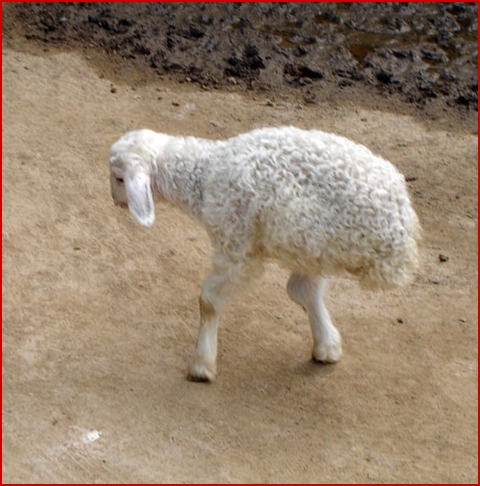 Faded Tribune reports
Faded Tribune reports
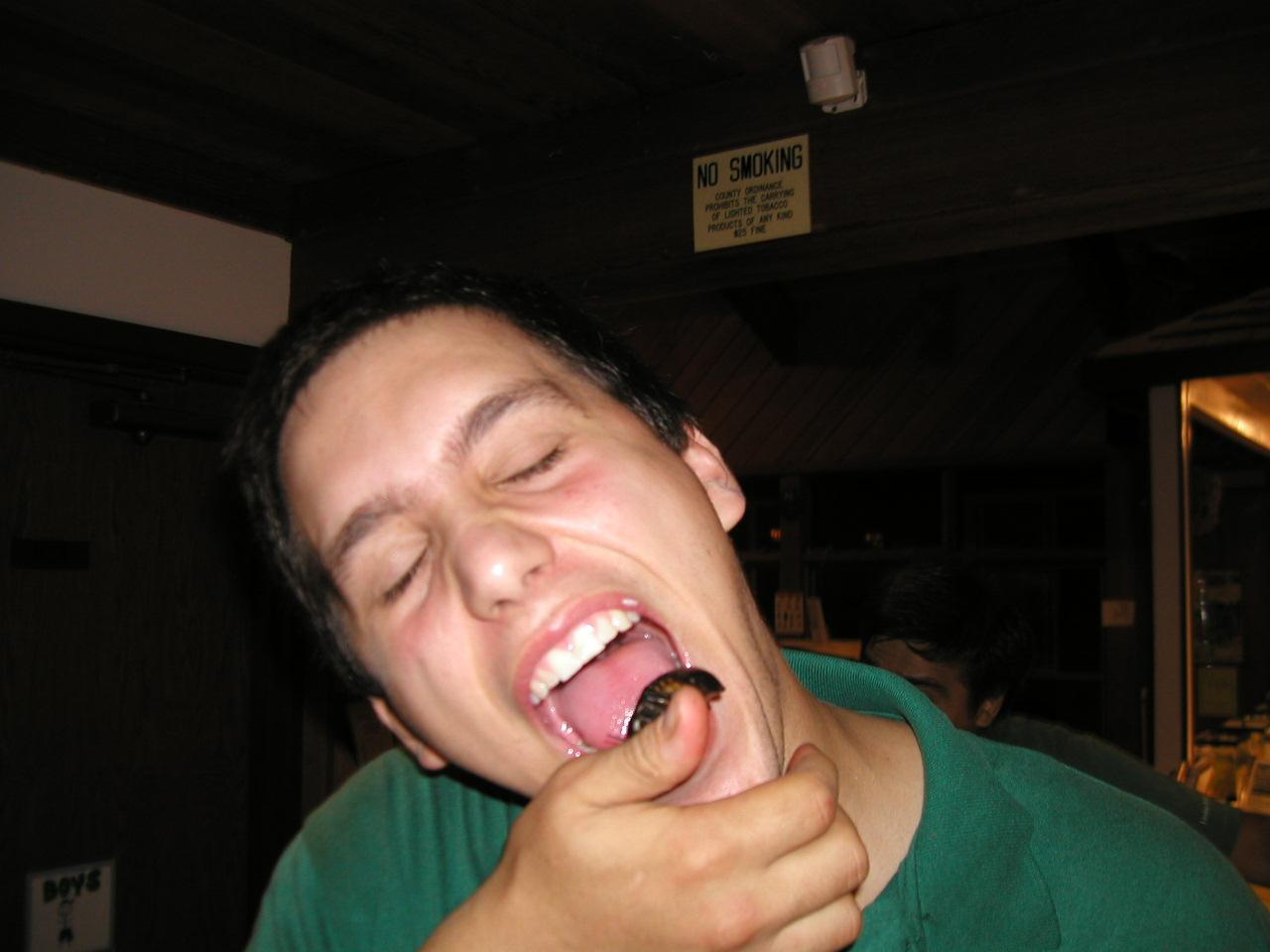 over to the restaurant or the retailer. Call the local health unit. Otherwise, the proof may be gone (at least take a picture with your cell phone, but they can be photoshoped too easily).
over to the restaurant or the retailer. Call the local health unit. Otherwise, the proof may be gone (at least take a picture with your cell phone, but they can be photoshoped too easily). According to a World Bank
According to a World Bank  Gaza (below, left) on the
Gaza (below, left) on the  Flour is mostly used to make noodles, dumplings and steamed buns in China, especially in the north.
Flour is mostly used to make noodles, dumplings and steamed buns in China, especially in the north.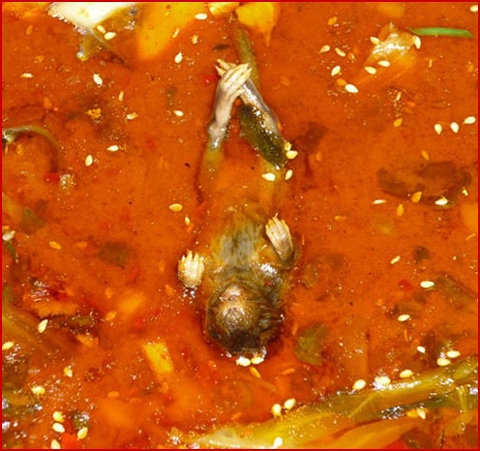 Ms Chen found the rodent in a dish she ordered
Ms Chen found the rodent in a dish she ordered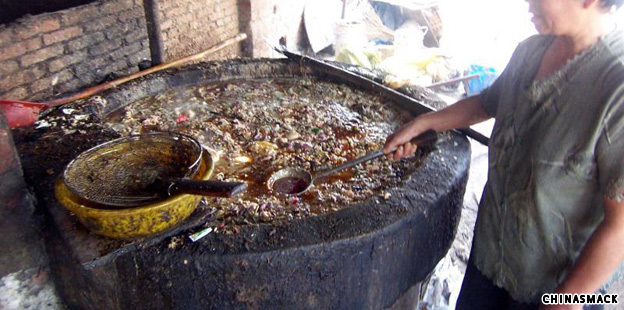 The swill oil is apparently loaded with aflatoxin.
The swill oil is apparently loaded with aflatoxin.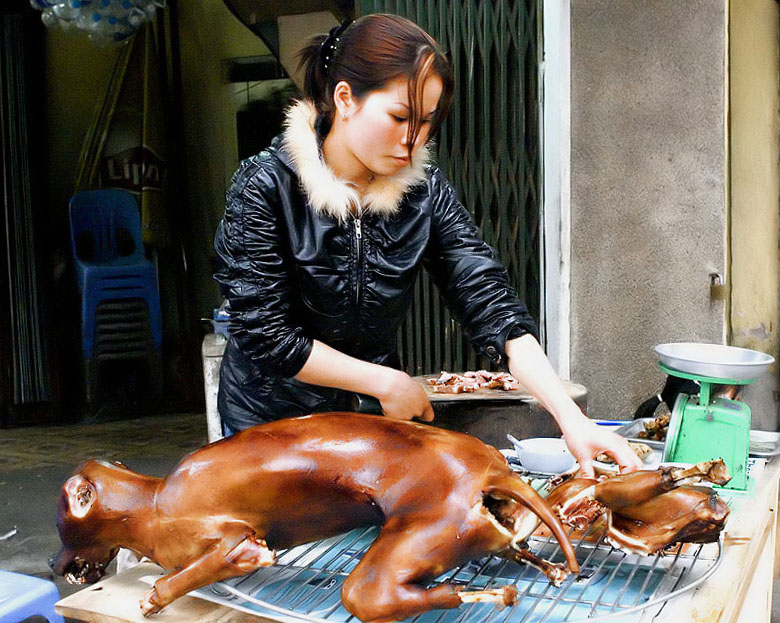 The Times of London reports that a proposed law calls for imposing fines, jail time or both for anyone caught eating or selling dog or cat meat. Dog meat is also known as “fragrant meat” and is thought to boost energy and male virility. It’s also a delicacy.
The Times of London reports that a proposed law calls for imposing fines, jail time or both for anyone caught eating or selling dog or cat meat. Dog meat is also known as “fragrant meat” and is thought to boost energy and male virility. It’s also a delicacy.